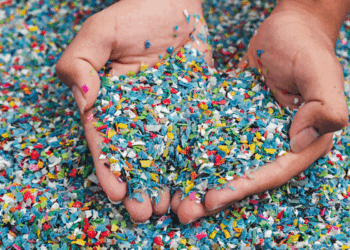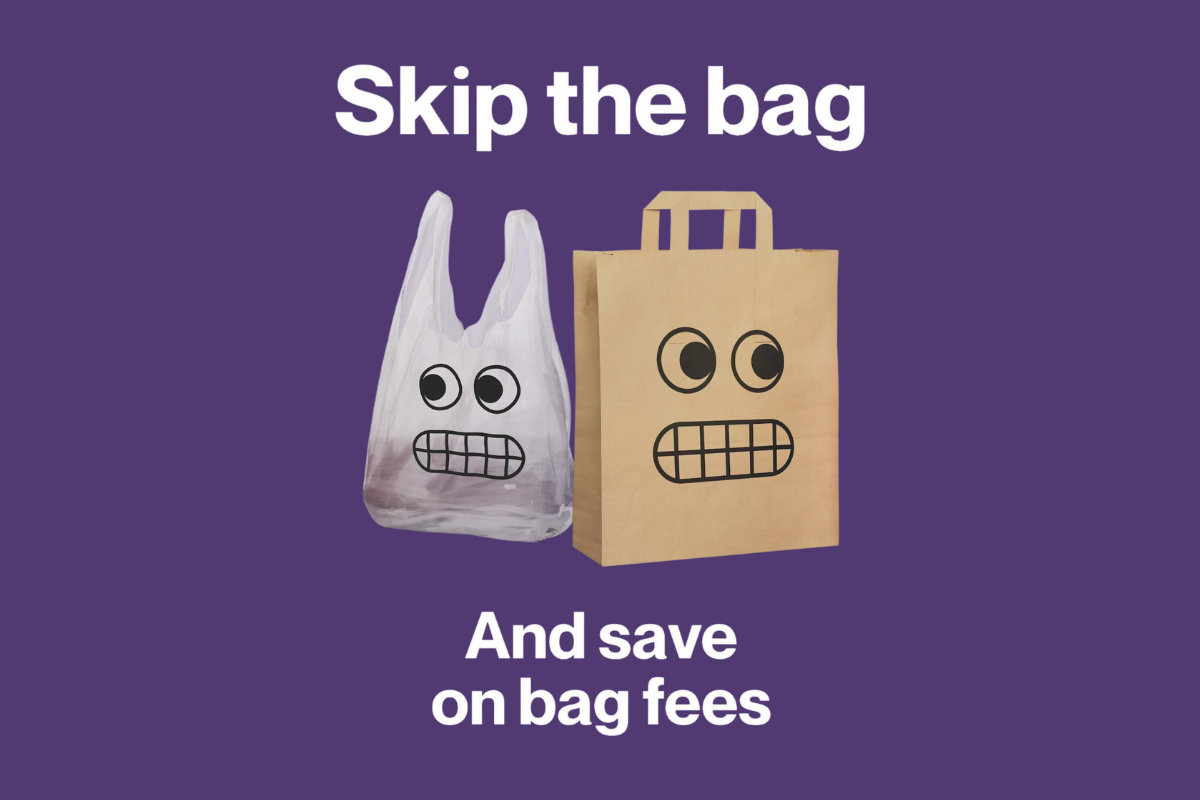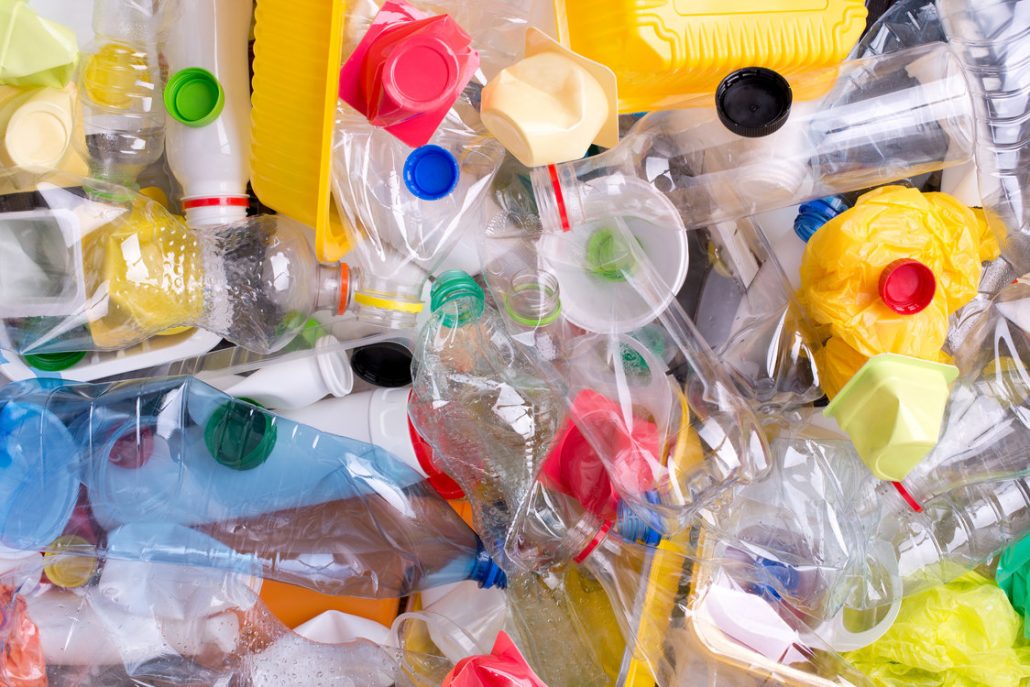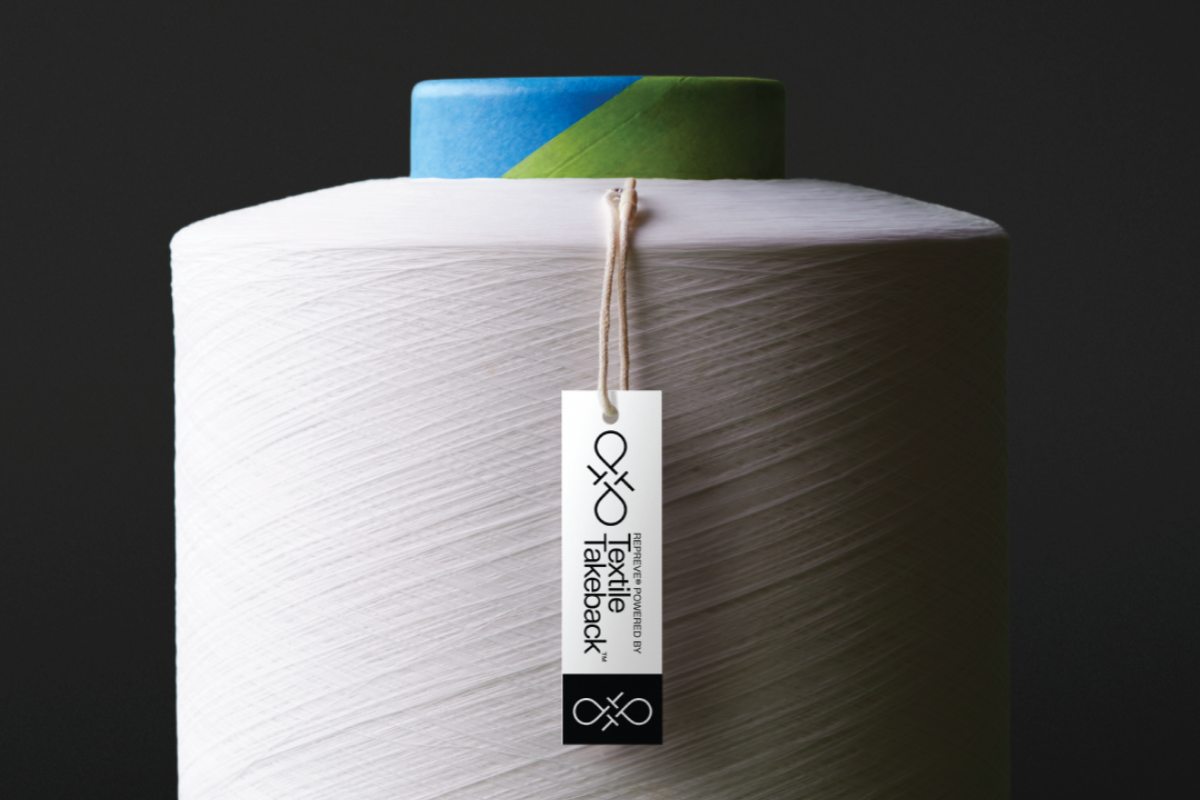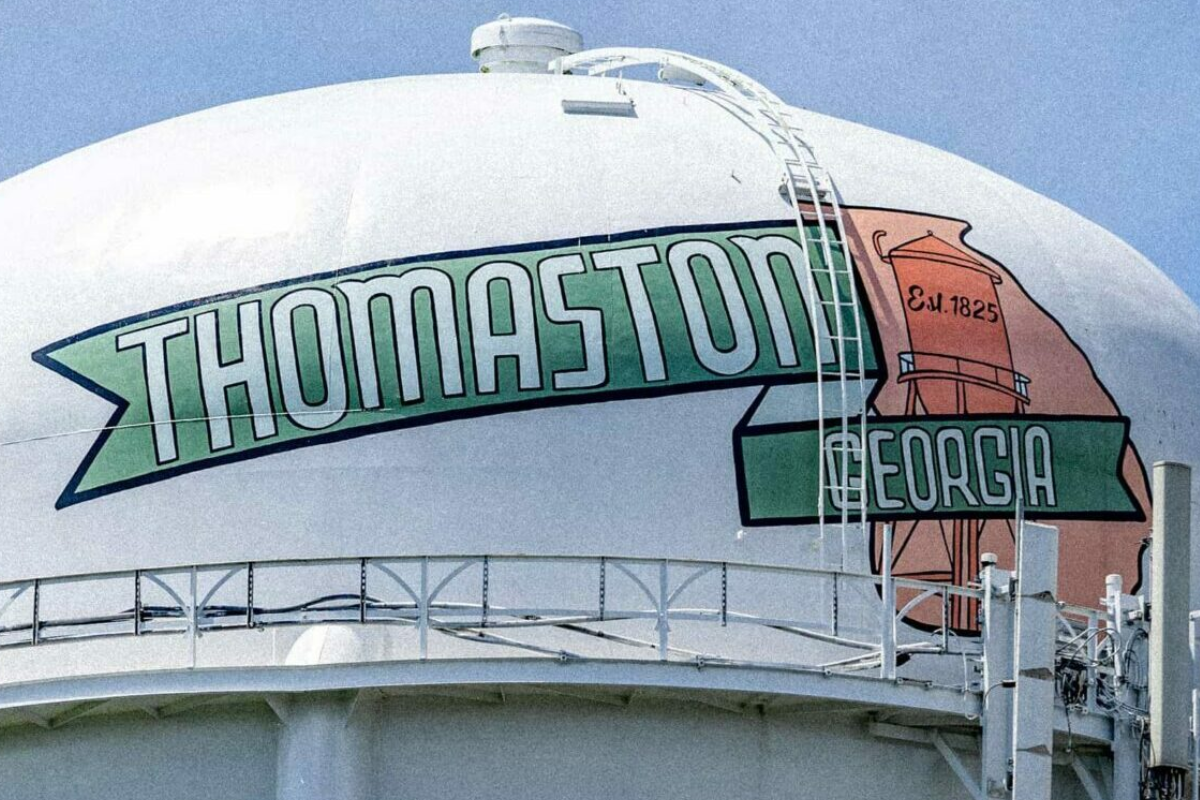Unilever recently acknowledged it will miss its 2025 target date for key plastics recycling goals and revised its pledge to reflect that reality – but the company’s head of packaging also said the failure contributed to its support for stronger regulations like extended producer responsibility.
The Europe-headquartered consumer products giant first announced a series of ambitious plastics recycling and material reduction goals in 2017. Those targets included a pledge that 100% of the company’s plastic packaging would be reusable, recyclable or compostable by 2025; a pledge to cut virgin plastic use by 50% by 2025; and a pledge to use 25% recycled plastic by 2025.
According to its latest annual report covering 2023, the company is on track to meet the latter goal. It used 22% recycled plastic in 2023, up from 21% in 2022 and 18% in 2021.
But it fell significantly short of the other targets: Unilever reported 53% of its packaging was reusable, recyclable or compostable in 2023, far from the 100% goal, and that virgin plastic use had been cut by 18%, short of the 50% goal.
In an April 30 statement outlining the company’s progress toward its targets, Pablo Costa, Unilever’s global head of packaging, said the company recognizes it has “fallen short against some of our most ambitious goals.” Beyond obvious challenges like the pandemic, Costa described the goals being challenged by inadequate recycling infrastructure that has not developed as fast as anticipated.
“When we first set our goals, we used the best information available at the time to develop a credible but stretching plan,” Costa wrote. He noted it was intentionally ambitious, especially in its aim to reduce virgin plastic use by half.
“This has proved more challenging than any of us anticipated at the time,” Costa continued. “Assumptions made on the development of new technologies and infrastructure have simply not materialized as they are not fully in our control.”
As an example, he reported that 72% of the company’s plastic packaging is “technically” recyclable, but only 53% is “actually” recyclable.
“Designing our packaging for recycling is only the first step,” Costa wrote. “There also need to be systems in place to recycle it, in practice and at scale.”
Goal revisions
Unilever has revised the goals to have lower target figures and later deadlines, which Costa described as “stretching but more realistic.”
Rather than hitting 50% virgin plastic reduction by 2025, the company has pledged to reduce virgin plastic use by 30% by 2026 and by 40% by 2028, with the same 2019 base year. To meet this target, the company will “focus on increasing our use of recycled plastic, making our packaging lighter and scaling alternative formats, materials and business models,” Costa wrote.
On the recyclability front, the company has split its goal into two groups with different deadlines, both significantly extended from the initial 2025 target. Rigid plastic packaging will be 100% recyclable, reusable or compostable by 2030, and flexibles will meet that criteria by 2035, the company pledged.
The split reflects that Unilever is far closer to its goal in rigid materials. Costa noted rigid plastics represent about 70% of the company’s total packaging, and that 87% of its rigid materials are currently designed for recyclability. The company will tackle “challenging non-recyclable components such as caps, aerosol actuators and bottle pumps,” he said.
On the flexibles side, Costa said the company will need to replace items like plastic sachets with alternative materials. “Compared to rigids, this will require more time, as we develop and scale new technologies,” he wrote. “For instance, our world-class team of packaging experts, material scientists and digital modellers are developing next-generation flexible packaging materials.”
Challenges drive support for government regulation
Unilever’s experience has led the company to conclude that “voluntary goals and industry initiatives can only go so far, and too often they reduce the competitiveness of those taking action,” Costa explained in the statement.
The company is therefore expressing support for government intervention, both in the global plastics treaty that’s in development, and in country-specific policies to boost recycling and reuse systems. Among those policies, Unilever is supporting EPR.
“We’re calling on governments to accelerate the implementation of mandatory and well-designed extended producer responsibility schemes, which hold businesses to account for the packaging choices they make,” Costa wrote. “They can help improve recycling systems – closing the gap between packaging that’s technically recyclable and is actually recycled – by ensuring money is invested back into waste management and packaging innovation. This in turn drives up recycling rates and the supply of recycled plastic.”
Unilever’s move to change its goal timeline was first reported by Packaging Dive, which noted experts anticipate other brands will make similar changes as 2025 approaches.















